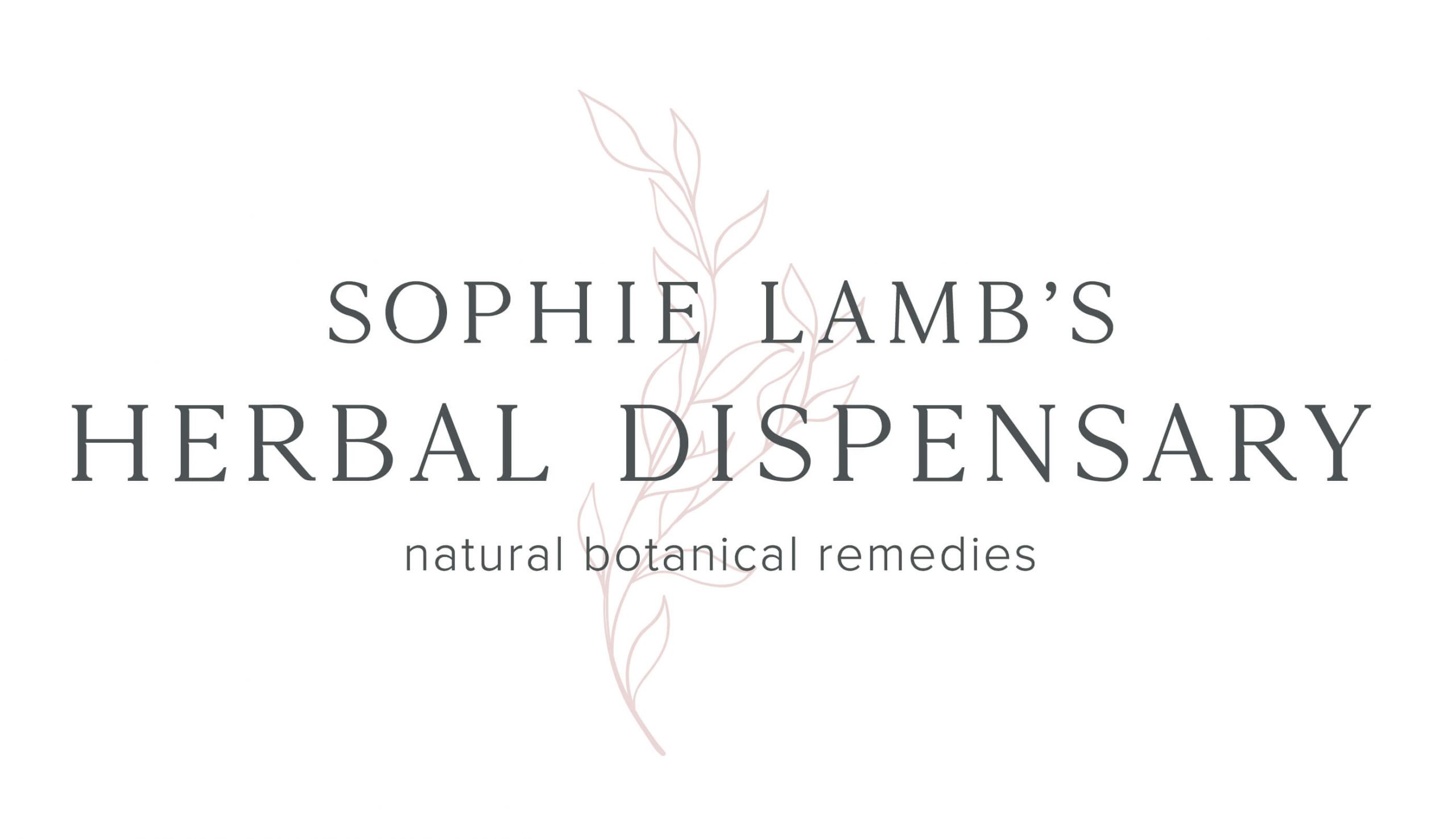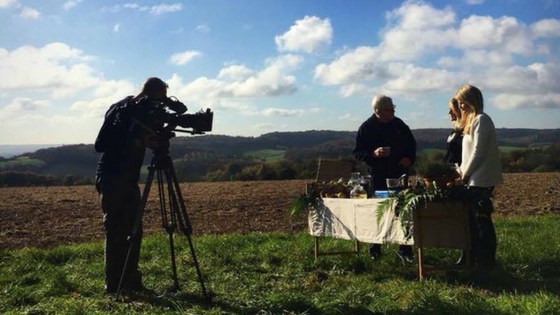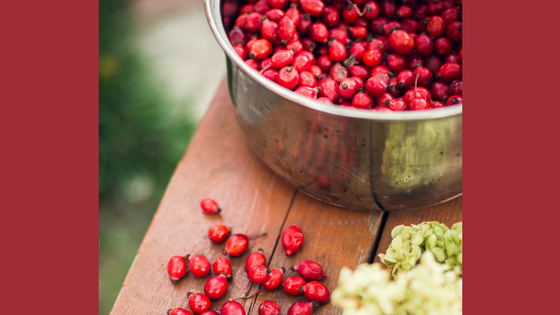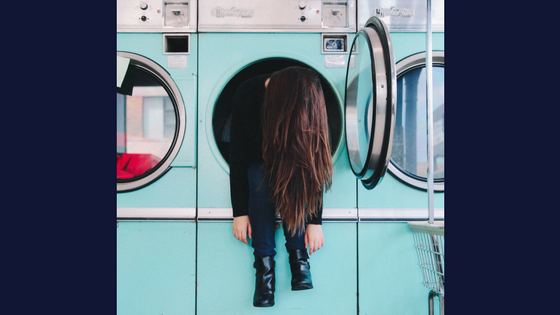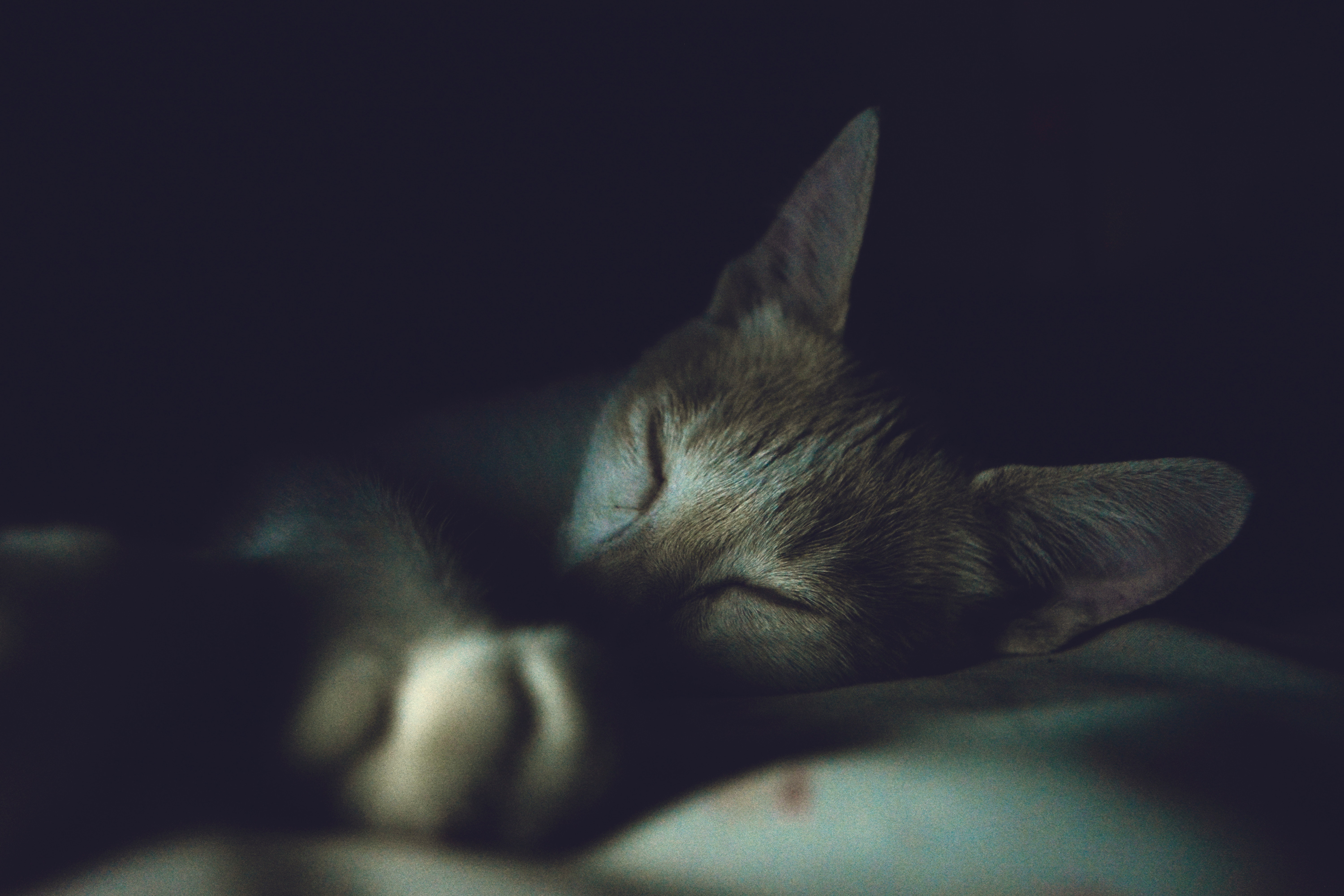
My *Top Ten Tips* for a better sleep
We are delighted to share with you our top tips for sleep. Why? Well, because we care and because we know how dreadful lack of sleep is, but also because these tips actually work.How do we know they work? Because they got us back to sleep.
It is vital to view your sleep as being connected to your overall health and physiology – insomnia is as much a symptom of imbalance as it is a cause of further imbalance. It is essential to respect the huge influence of the daylight and darkness on your internal body clock and that what you eat will also have a very significant impact of how well you sleep. In other words, what you do today will effect how you sleep tonight and the preparation actually starts in the morning. This, and not heavy-duty sedatives, is the correct way to view sleep and get yourself back on the road to being your own sleep expert.
Here are my top ten tips to getting that vital sleep tonight:
- Expose yourself to bright day light every day, ideally at the around the same time each morning but if not then, any daylight is better than none – and the more the better! Bright daylight sends a strong signal to the control centre of your internal circadian rhythm (your 24 hour biological clock) that it is day time in the same way that low light and darkness signals for night time. This is how your internal body clock is set. Become a creature of habit. Curtains open, lights on first thing on waking. In terms of light quality, being inside all day, whether in work or in the house is the equivalent to being a cave dweller – which you were not designed to be! At the turn of the 20th century, 90% of people still worked outside. Now, only 10% do. This is creating chaos for our biological rhythms as we are chronically exposed to low light during the day and bright light emitting from screens continued into the evening. Protect yourself with turning down the lights in the evening, turning on lamps rather than ceiling lights and download apps such as f.lux which reduce blue/green light from screens.
- A perfect way to get routine daylight is to take a walk. Even if it is cloudy, it is still extremely bright compared to any electrical light. It’s detoxifying for the mind and body and also helps you get your daily quota of light.
- Salt your food to taste or add extra salt if you feel very adrenaline-driven. Read this post on why salt is so good for sleep or for further reading get this brilliant myth-busting book on why salt is not to be feared, quite the opposite, it is necessarily good for you! It is also why salt is included in our Beauty Sleep drink.
- Eat a nourishing diet. In particular do not follow a low carb’ diet. Low carbohydrate diets are contributing to the epidemic levels of insomnia (not to mention anxiety). This is because low carbohydrate diets cause the body to increase production of fight or flight hormones which wreak havoc on sleep. Carbohydrates come in the form of fruit, root vegetables, grains, squashes, legumes, honey and sugar. Protein deficiency is also surprisingly common and can cause stress hormones to be elevated. Protein can be upped by eating eggs, cheese, fish, meat, gelatin, well cooked mushrooms, lentils and even potatoes are a valuable source of protein. This calorie counter is a helpful way of determining your calorific needs and the MyFitnessPal app is a great app to count your calories and meet your requirements. An average adult might need around 150g of carbohydrate and 75g of protein per day, or more!
- Snack between meals. You are trying to come off roller-coaster stress hormones that are not allowing your over-tired mind to switch off at night. A perfect snack would be some dates or a piece of fruit and a little cheese between meals
- Get an Epsom salt bath. Two or three mugs of epsom salts in a hot bath with a handful of bicarbonate of soda which helps to facilitate the absorption of magnesium across the skin. As you may be using large quantities, amazon.co.uk offers very economical options. Add a couple of drops of Chamomile and or Lavender essential oil to your bath for extra relaxation. If a bath is not a good option for you, consider a high quality magnesium supplement. I would suggest early evening and again around breakfast for this. Magnesium is excellent at keeping stress hormones down and giving an over-all, calm and in-control feeling. Here is the best one I can recommend.
- Don’t go to bed with worries. Right them down. Download from your mind and deposit them on to paper. You can see things more clearly that way and can often work out a solution to what appears to be an overwhelming problem. But the purpose of this exercise is just to download, not to problem solve at night. So much of the time dilemmas just recirculate around the mind but writing them down can feel like a weight lifted off the shoulders. It can be a very valuable exercise!
- Turn the screen off an hour before bed. I know, those screens are addictive (this is actually no joke) but can I urge you to get a book out and read that instead. Get a book you love to read. If you are serious about beating this insomnia curse, pick up a book you have read before and loved. I read one book three times over a few years (Skeletons of the Zahara – an amazing ship-wreck survival story). The point is, read something you love and the screen shouldn’t be such a temptation. Oh, and, make it a paper-back, not a kindle! If you do have to use a screen to work in the evening download f.lux. It automatically cuts out a lot of the green/blue light that emits from the screen and very powerfully prevents the onset of melatonin, the sleep hormone.
- Whilst you are reading your wonderful book, sit back, relax and enjoy your Beauty Sleep drink. Made with the loving intention of looking after one of your most basic requirements for health and vitality – sleep. And if you find it helps you, pass on the “Gift of Sleep” to a friend in need with one of our pretty samples. If you don’t have Beauty Sleep or want to try something else, try a warm milk and a couple of teaspoons of honey or a nice strong Chamomile Tea. Read the recipe here.
- If you wake again in the night, either keep a spare short and strong cup of sweet chamomile tea next to the bed or a glass of fruit juice. In my experience, for most people who wake in the night and stay awake for a significant time, the culprit is a rise in adrenaline due to a shortage in glycogen (the body’s store of carbohydrate to keep up the glucose supply between meals and during the night) stores. Having something sweet at that point will knock out the need for the stress hormones which are scavenging for glucose in the muscle and fat and get if from the drink or snack instead. As you slowly repair and understand your sleeping pattern this will be needed less but to begin with it can be very helpful.
Insomnia, like all problems has to be understood correctly in order to be effectively helped. Following the tips in this blog should help you to get the power to sleep back into your own hands. If you are having a particularly difficult time and over the course of a week, you find you still need extra help go to the hard-to-beat insomniacs page or consider a consultation with Sophie.
Photo by Miguel Angel Ruíz Sánchez on Unsplash
Post a Comment
You must be logged in to post a comment.

